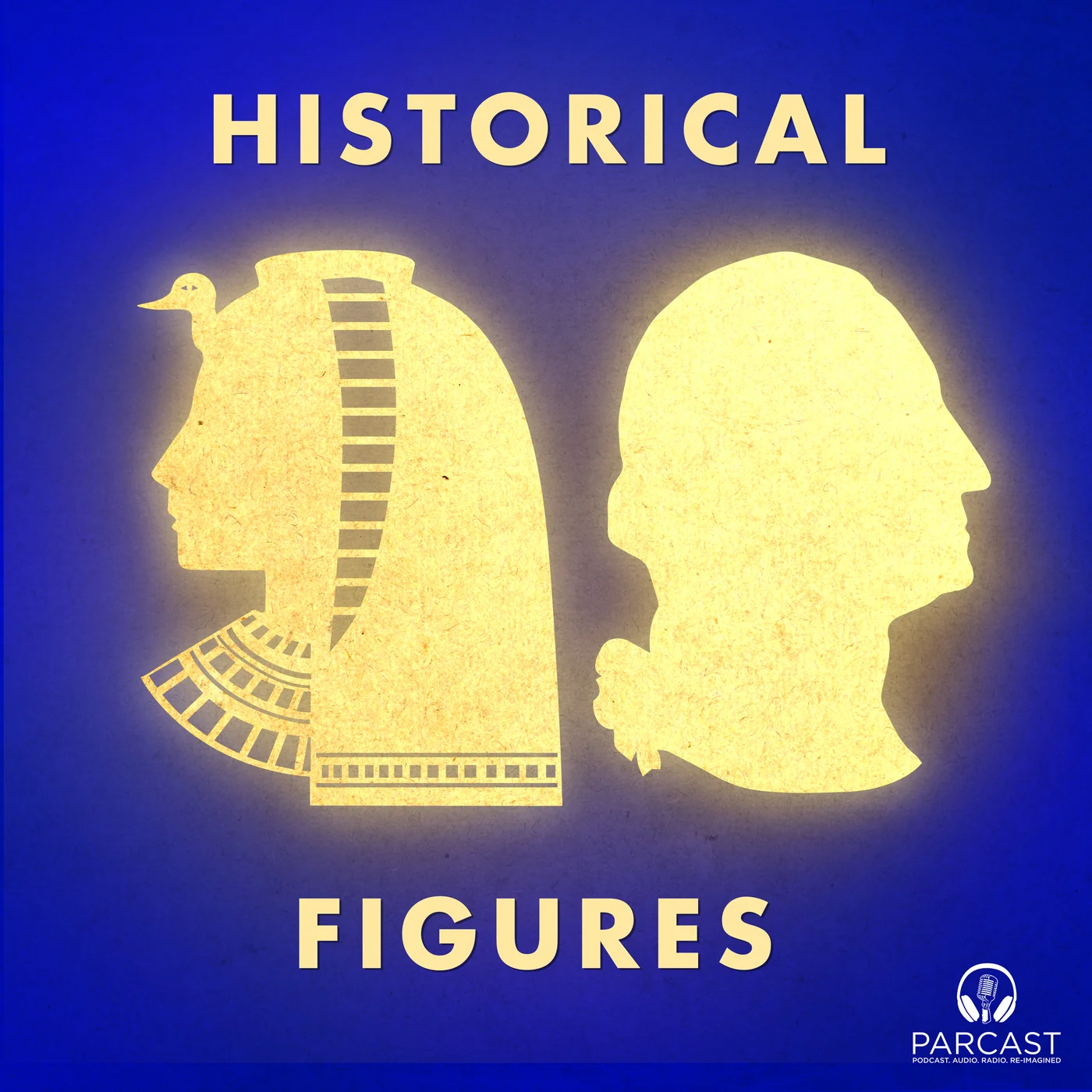How Anita Hill Shaped America's View of Sexual Harassment
I was grocery shopping when I started listening to this, and I had to stop and sit down. If there was a defining public moment in the last quarter-century—a real harbinger of what was to unfold relating to sexual harassment—it's the accusations against now-sitting Supreme Court Justice Clarence Thomas, and the woman who reluctantly testified against him, Anita Hill.
It has all the classic elements: a high-profile man ultimately silencing and discrediting a woman; her credibility called into question because of her gender (and lack of corroboration, which was ironically a result of that forthcoming corroboration being silenced by then-Chair of the Senate Judiciary Committee, Joe Biden); some exceptional victim-blaming; a beautiful selection of white men determining the verdict of the case, tap-dancing around as many race and gender issues as imaginable; and that man ultimately finding himself unscathed by his abhorrent behavior. A watershed moment, yes, but distressing when considered on its own.
Quickly: this is an example of excellent journalism (two brilliant women, both magnificent writers and thinkers, being interviewed by a third, Terry Gross). I continue to be alarmed by what we consider quality reporting. It fundamentally does not exist on television, so I find myself comforted by the words and presence of high-caliber writers in newspapers and magazines scattered across the country. The former is lamentable, retweetable theater (complicit in the creation and perpetuity of our current President and every word that comes out of his mouth), the latter contains the final vestiges of real, thought-based, opinion-driving journalism. I hammer this point often, but it's increasingly real.
Take Matt Lauer, for example. The story was not about The Today Show (as god-awful of a creation as that is), nor was it about his reputation or his rise and decline and the "void" he leaves (whatever the hell that even means—what kind of void is there when there's no substantive presence in the first place?). His is a story built of a few things: the very real existence of a power and sexual subjugation that falls exactly along gender lines; the perpetuation of that devastating imbalance; a recognition that America is premised on the dominance of white men over every other ethnic and gender group; a reluctance to acknowledge, accept, or admit that; a hopeful recognition that towards the end of 2017, there seems to (at LAST) be repercussions for behavior that has been historically condonable; the thoughtful and difficult flip-side: what does due-process look like in such charged situations?; and perhaps as a toss-in, the increasingly loose and shoddy ways we misappropriate the term "journalist." Anybody who participated in the "who will replace Matt Lauer?" conversation—as mindless as that is even without any sexual assault allegations—missed the point entirely.
In 1992, after Anita Hill's testimony raised, among other things, the question of male-dominance in American politics, a number of women were elected to the Senate. It became known as "The Year of the Woman" which, in a way, was both true and awful. Never before had four women been elected to the Senate in a single year, but the label was also detestable. If you want to love Maryland's Senator Mikulski, her reaction was spot-on:
Calling 1992 the Year of the Woman makes it sound like the Year of the Caribou or the Year of the Asparagus. We're not a fad, a fancy, or a year.
That last sentence. On my wall.








